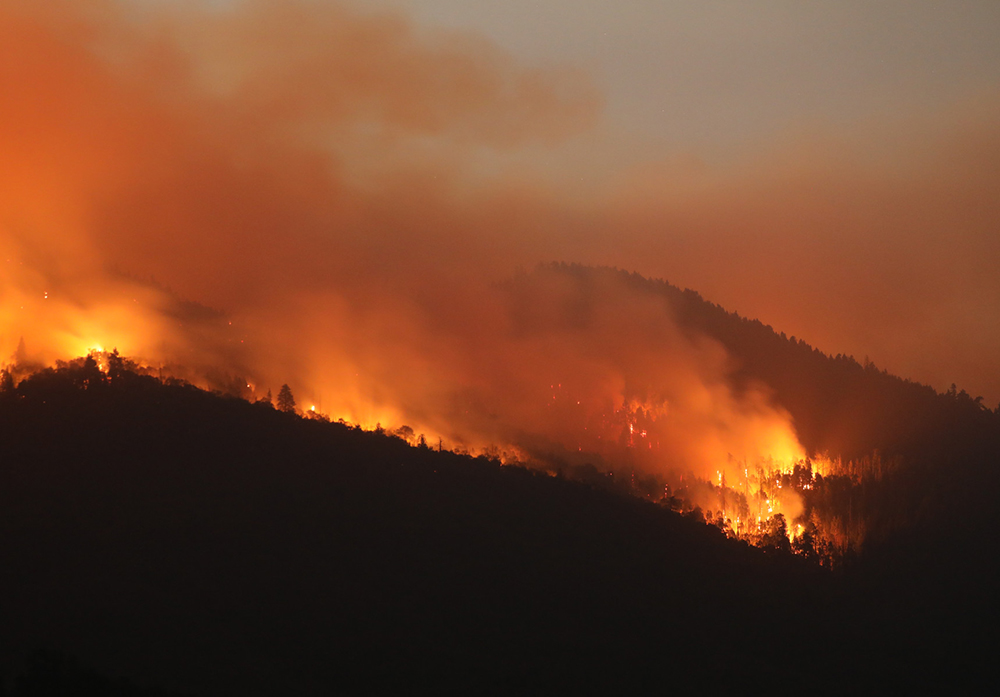As wildfires intensify, prolonged exposure to pollution linked to premature death
New study assesses how natural events are shaping human lifespans

Researchers have found evidence that living in areas prone to wildfire smoke may negatively impact an individual’s life expectancy.
In many parts of the contiguous United States, wildfires are rapidly growing more intense, endangering the humans and wildlife that live in the region. Even once fires are doused, serious health risks remain because of the many adverse effects caused by wildfire smoke and the airborne pollution that the blaze releases into the atmosphere.
Now, scientists at The Ohio State University have found that not only is wildfire smoke linked to a shortened lifespan, it also greatly diminishes the positive health impacts of local greenspaces, like forests or parks.
“When considering the environment’s effect on human life expectancy, we have to account for all kinds of factors,” said Yanni Cao, lead author of the study and a postdoctoral researcher in environmental health sciences at Ohio State. “Forests, for example, provide essential ecosystem services to mitigate the impact of wildfire smoke because they can purify the air.”
Read the full article on Ohio State News.
About The Ohio State University College of Public Health
The Ohio State University College of Public Health is a leader in educating students, creating new knowledge through research, and improving the livelihoods and well-being of people in Ohio and beyond. The College's divisions include biostatistics, environmental health sciences, epidemiology, health behavior and health promotion, and health services management and policy. It is ranked 22nd among all colleges and programs of public health in the nation, and first in Ohio, by U.S. News and World Report. Its specialty programs are also considered among the best in the country. The MHA program is ranked 5th and the health policy and management specialty is ranked 21st.